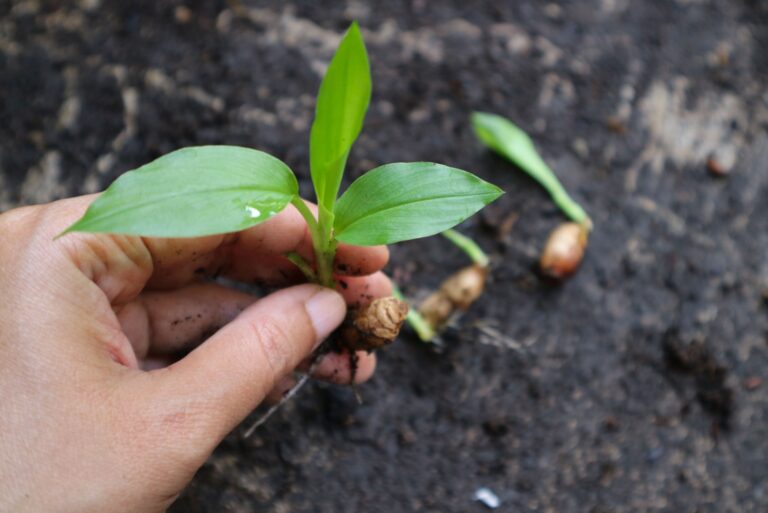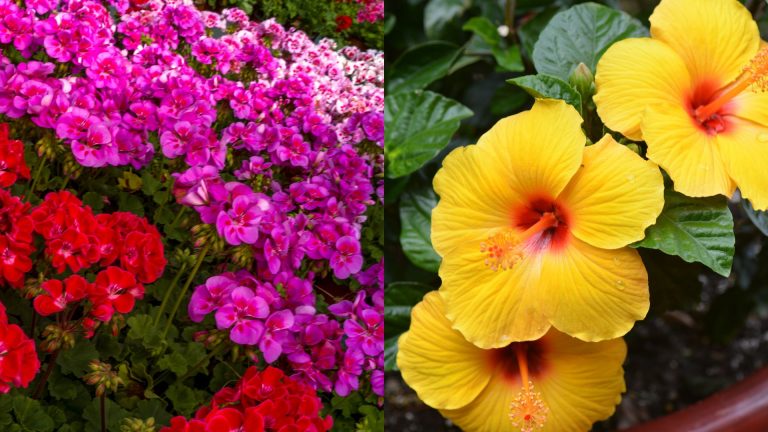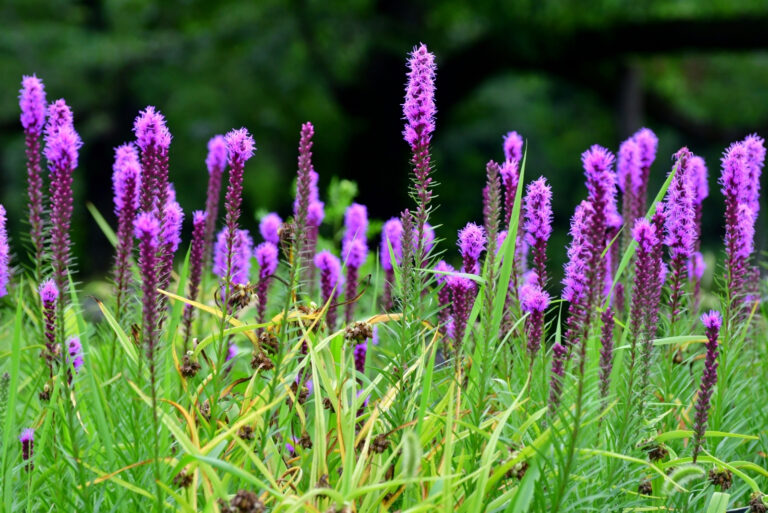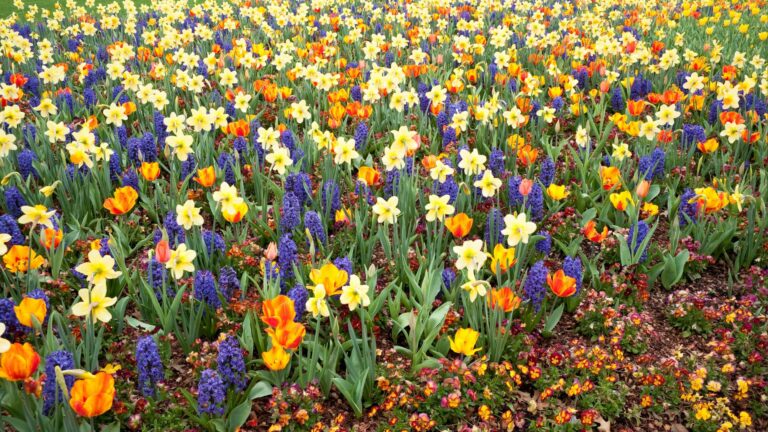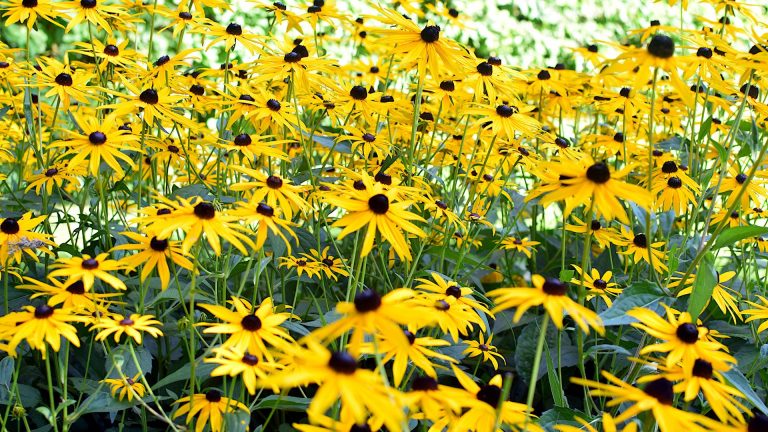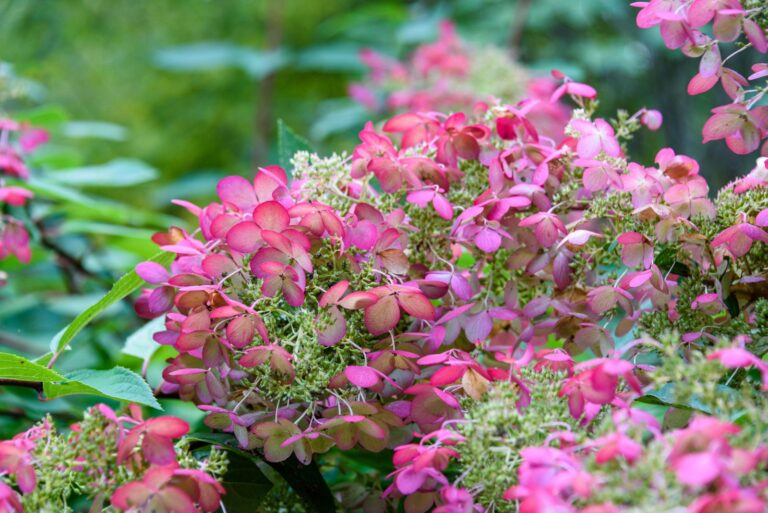The 8 Game-Changing Reasons Why Wheat Deserves A Spot In Your Garden
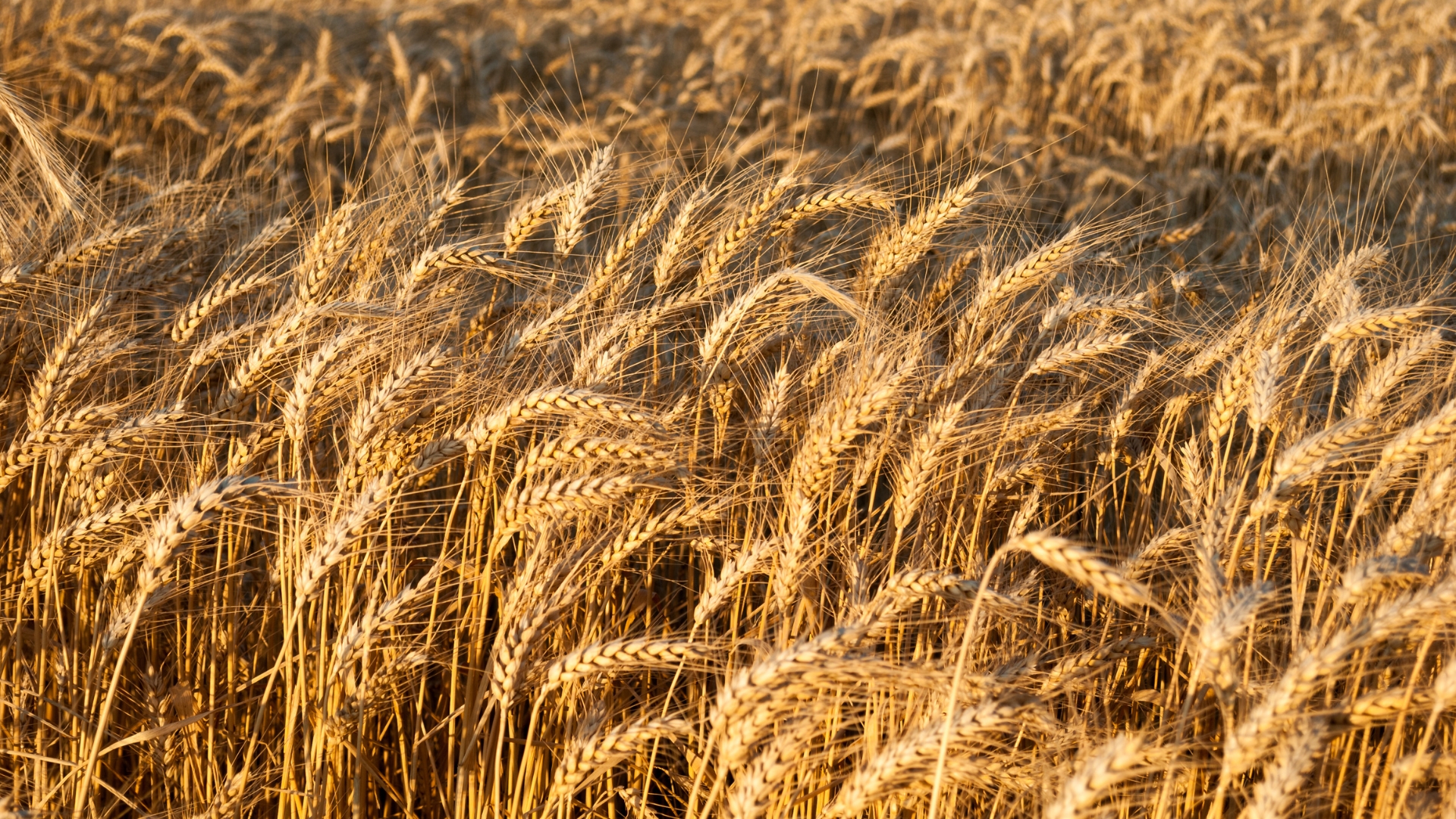
I’m sure if someone asked you which plants you’d put on a must-grow list, wheat wouldn’t even be in the top 20. And master gardeners would most probably have the same answer.
Of course, there’s nothing wrong with that, but I believe we’re underestimating the power of this plant.
Does wheat really have that much power? Absolutely yes! After you read all the reasons I’m about to tell you, wheat will probably be in your garden next season.
Don’t believe me? Wait until you learn everything!
1. You’re One Step Closer To Self-Sufficiency
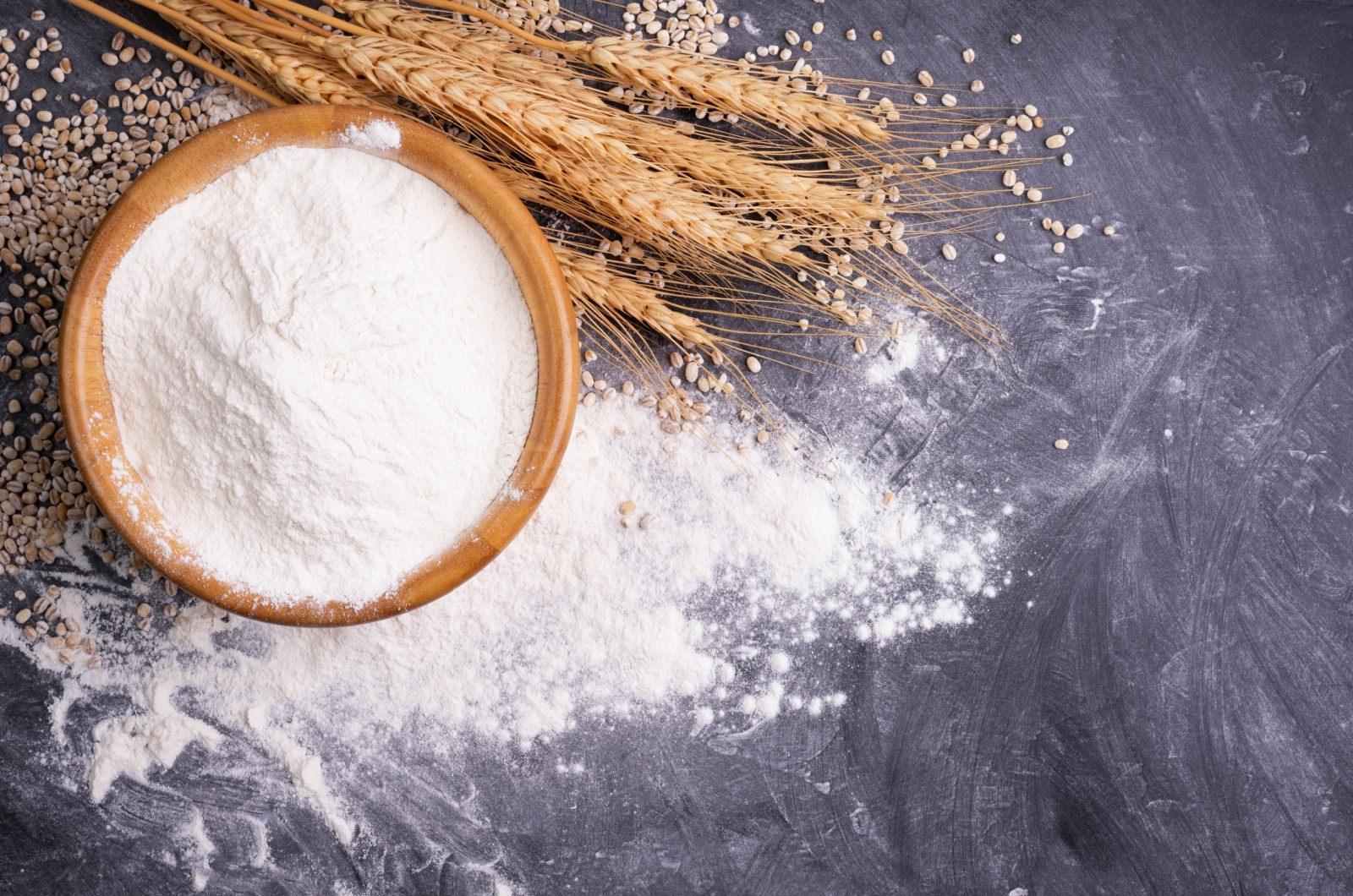
There has been a lot of discussion about self-sufficiency in recent years, and the conclusion is that we must strive for it as much as we can.
The modern age offers cheaper products that include wheat due to mass production, but is that really the solution?
I’ve been into gardening for a long time, and from my experience, nothing tastes better than homegrown fruit, veggies, and grains.
So, if you have some space available, wheat is a perfect plant. You can make amazing homemade bread! Don’t worry if you end up with burnt bread a few times, it’ll get better. Don’t ask how I know.
But that isn’t the only benefit of wheat in terms of self-sufficiency. You’ll also get an organic straw mulch for your other plants, which means healthier and better crops. Planting wheat should be on your list of July garden tasks next year!
If you have a compost pile, wheat will make an excellent addition.
You’ll spend less on pesticides since wheat can actually deter various pests from your garden. How remarkable, right?
2. Your Soil Will Be Healthier
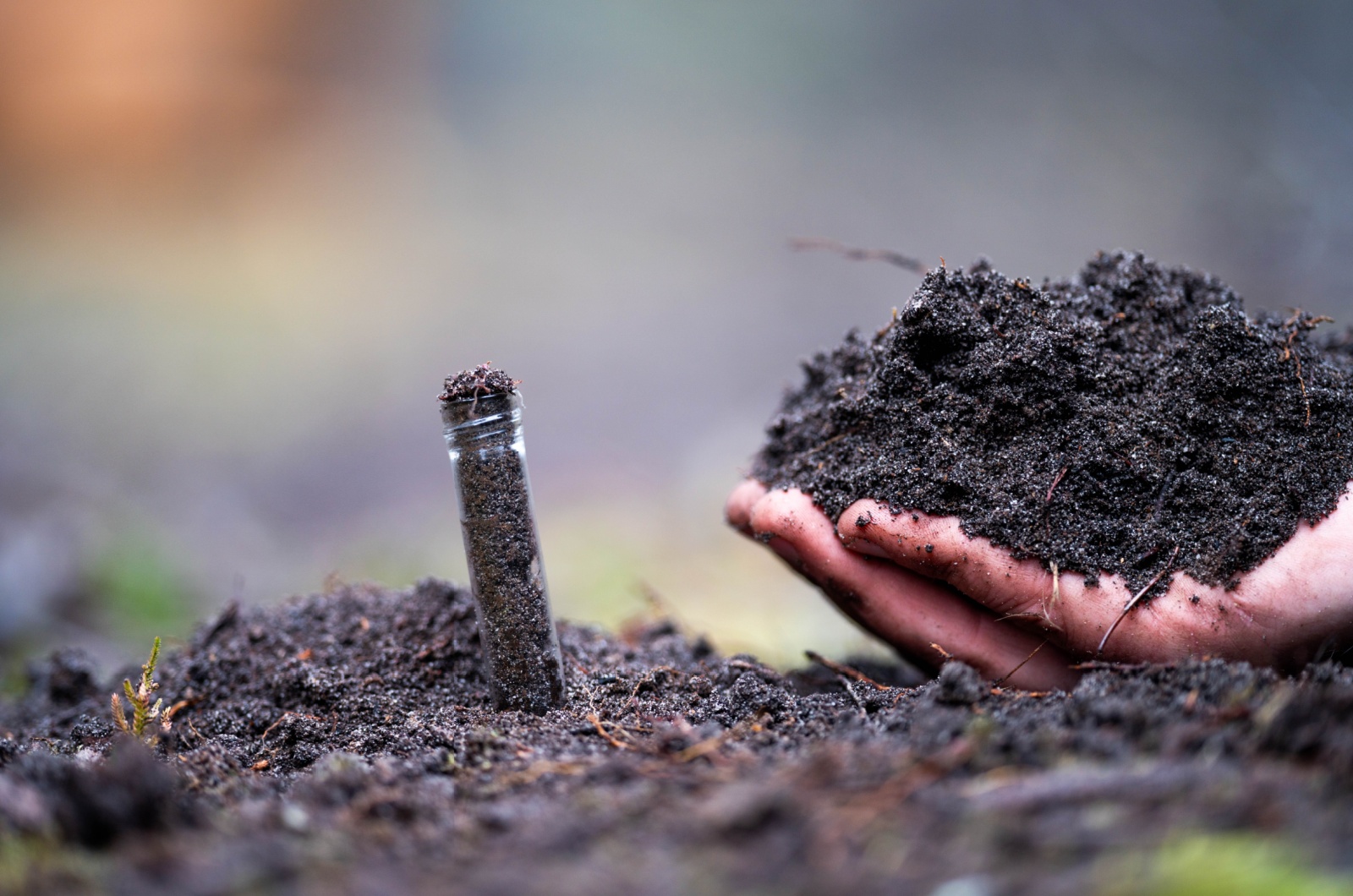
Rich, healthy soil is the only way to get a good harvest no matter which veggie or grain you grow. Did you know that wheat can help you enrich the soil?
Its roots go deep into the soil and they spread a lot, meaning they create numerous air pockets and improve soil structure.
It also adds organic matter to the soil and serves as a perfect fertilizer for the plants you want to grow in the future.
Soil erosion is a common problem but wheat can help you prevent it. Remember, it grows deep in the ground!
If you have problems with weeds, wheat will be a perfect ally in this battle and help you suppress the growth of these nuisances.
3. Homemade Bread With Organic Wheat? Yes, Please!
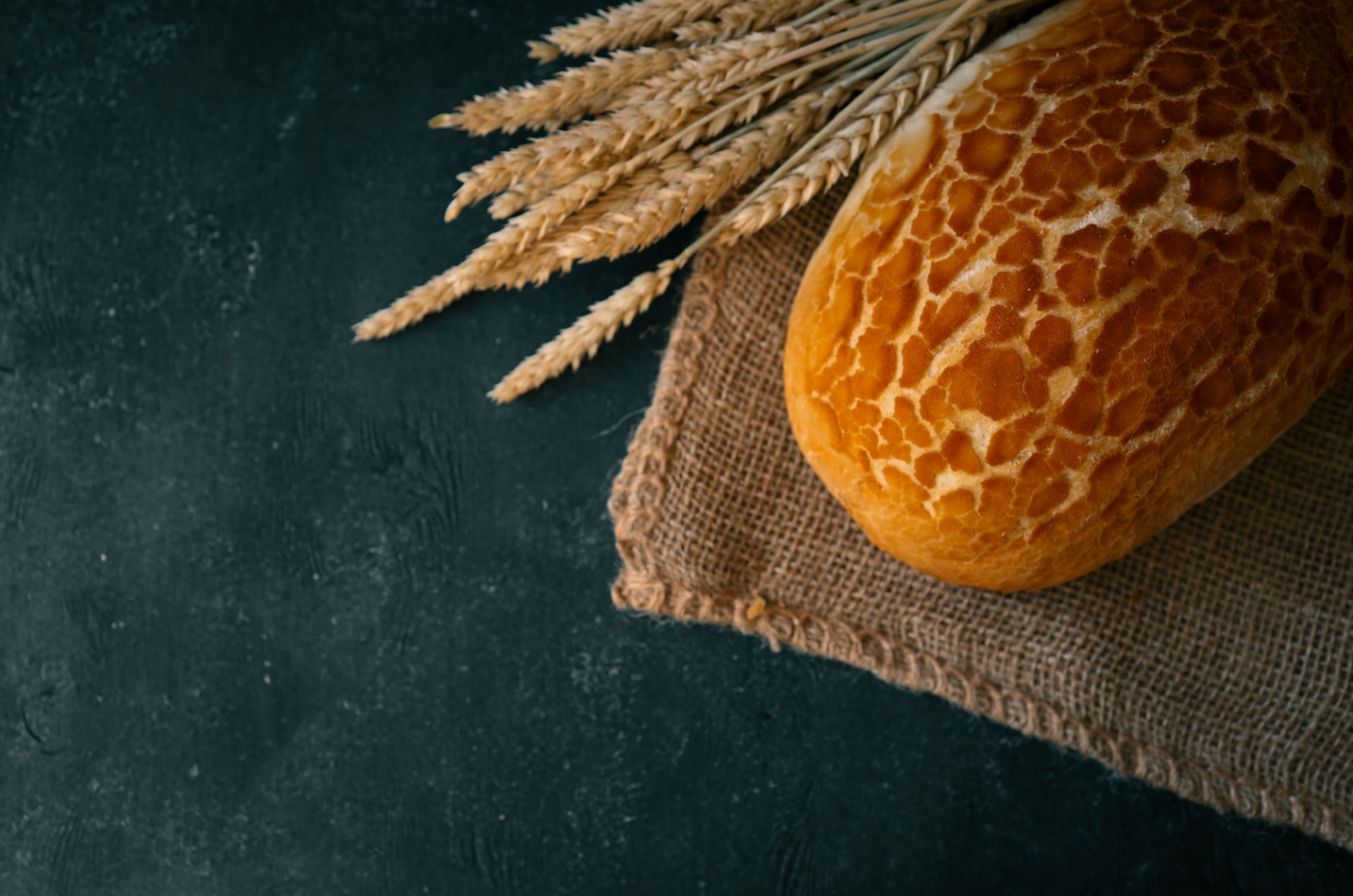
Yes, I know that I’ve already mentioned bread but it definitely deserves all this attention. If you have a small yard and only a few square feet, you can still get some flour.
For instance, if you plant wheat on a 2-square-foot site, you can expect about 160 grain heads. In terms of flour, this would be a cup.
It doesn’t seem like a lot but since it isn’t the only benefit of wheat, it’s more than enough.
The entire process of making bread from scratch with wheat you grew yourself is super fun and highly rewarding. It has an amazing taste and high nutritional value!
If you’re allergic to gluten, don’t worry, there’s still a way to use wheat in the kitchen. A study has shown that the seeds contain gluten but wheat sprouts don’t.
I highly recommend you try wheatgrass in juicing!
4. You Contribute To The Revival Of The Heirloom Varieties
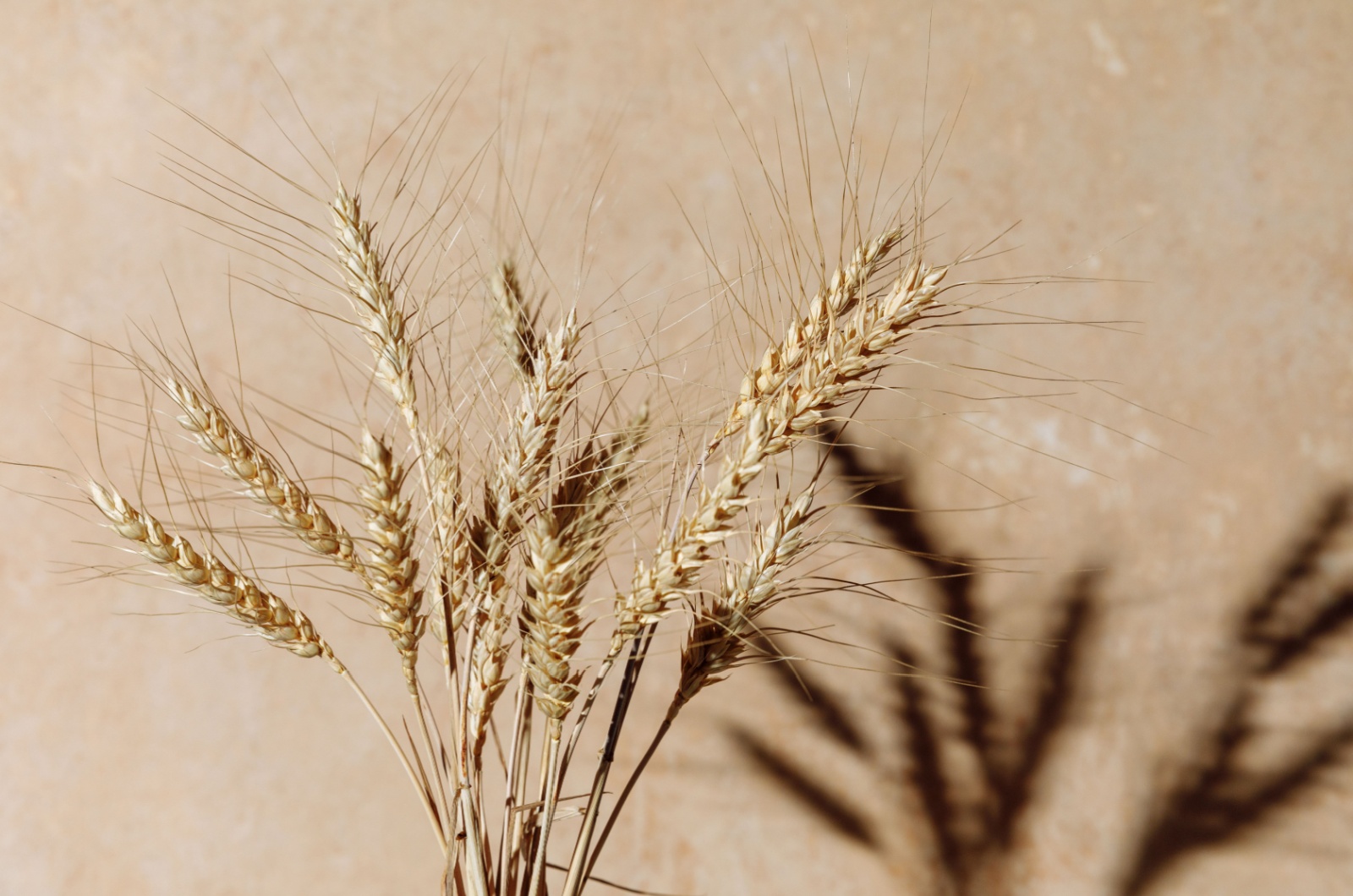
If you’re a novice gardener, this may confuse you. In a nutshell, heirloom varieties are GMO-free, unaltered, and can be open-pollinated. These are the seeds that are most likely in your grandma’s pantry!
Saving these seeds has many benefits, and one of the biggest ones is preserving the nutritional value.
Yes, heirloom varieties are way healthier than hybridized ones. They have a high protein content and are more flavorful.
5. It’s Not Fussy Over The Growing Conditions
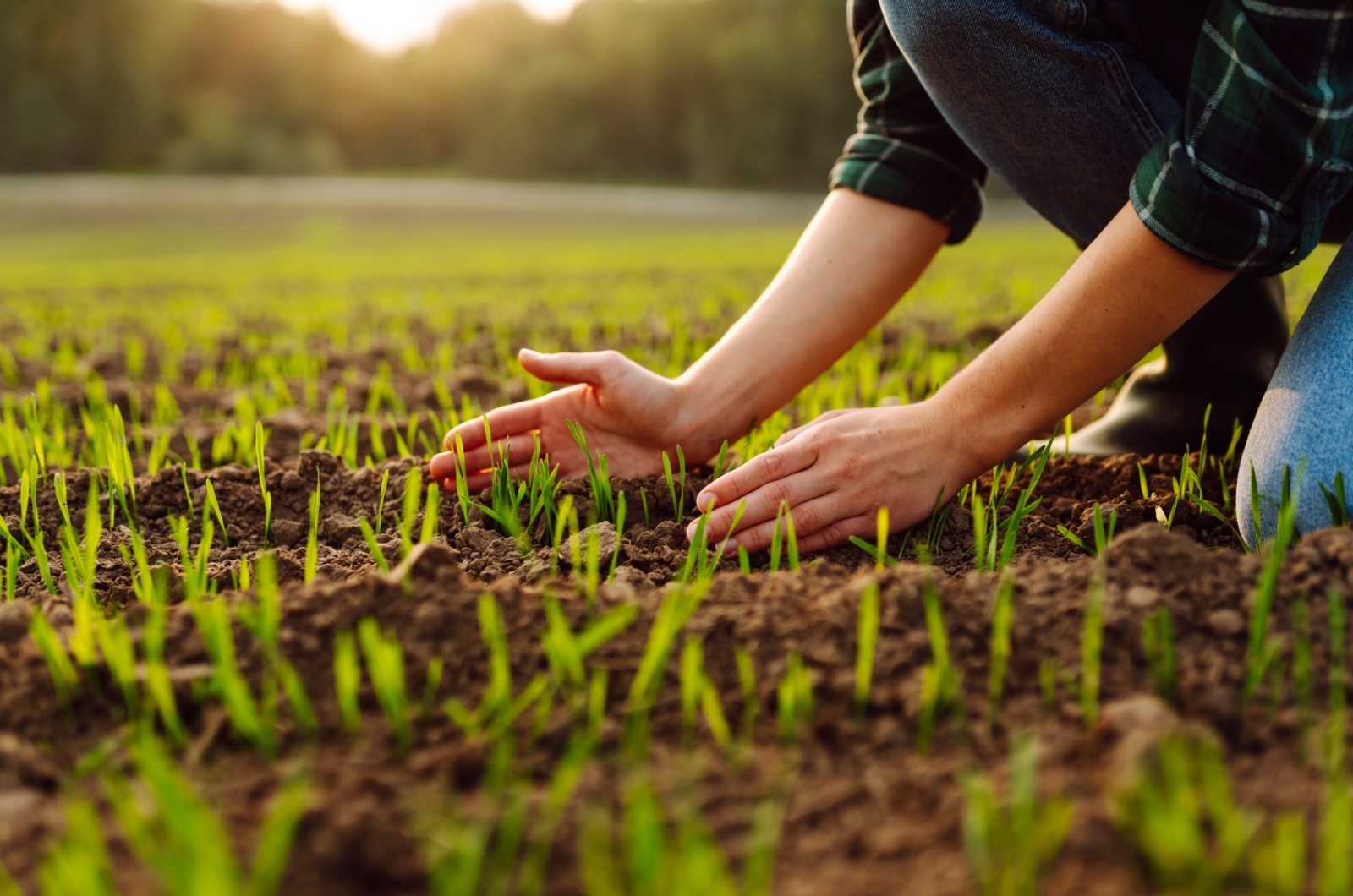
And now we come to one feature that will enchant all beginner gardeners! Wheat is super easy to grow and you don’t have to put a lot of effort into ensuring all the ideal conditions, which you would with common veggies and fruits.
It will most likely survive the conditions found in every region of the US. Even if you live in cooler regions, wheat serves as an ideal cover crop.
You don’t need to fertilize it a lot and it isn’t susceptible to pests and diseases. Sounds like a dream, right?
Younger plants will need more water in the beginning, but once they’re established, they’re drought, heat, and cold-resistant!
Still need convincing to plant wheat? Don’t worry, the list goes on!
6. Your Chicken And Ducks Will Have A Perfect Snack
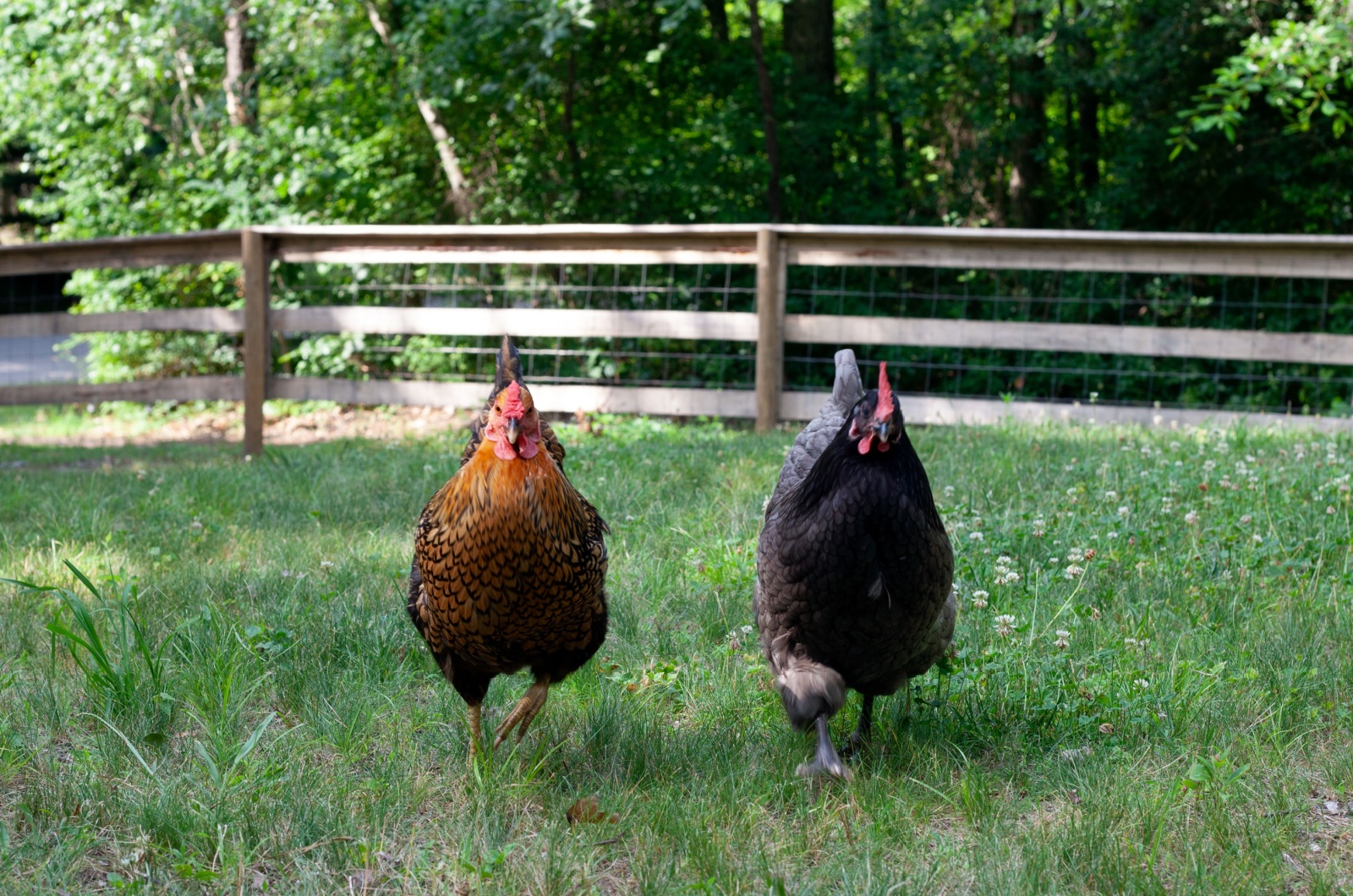
Everyone loves cute chickens and ducks! But if you have them in your backyard, you already know how pricey their food is.
That’s where wheat steps in! Poultry adores it, so why not use the opportunity to grow it in your garden?
Look, these cute animals can’t survive on wheat only, but it’s a great supplement to veggie waste, insects, and oats.
You can chop the larger seeds for chicks or just scatter the whole seeds if you have larger birds.
7. Wheat Is An Ideal Choice For Crop Rotation
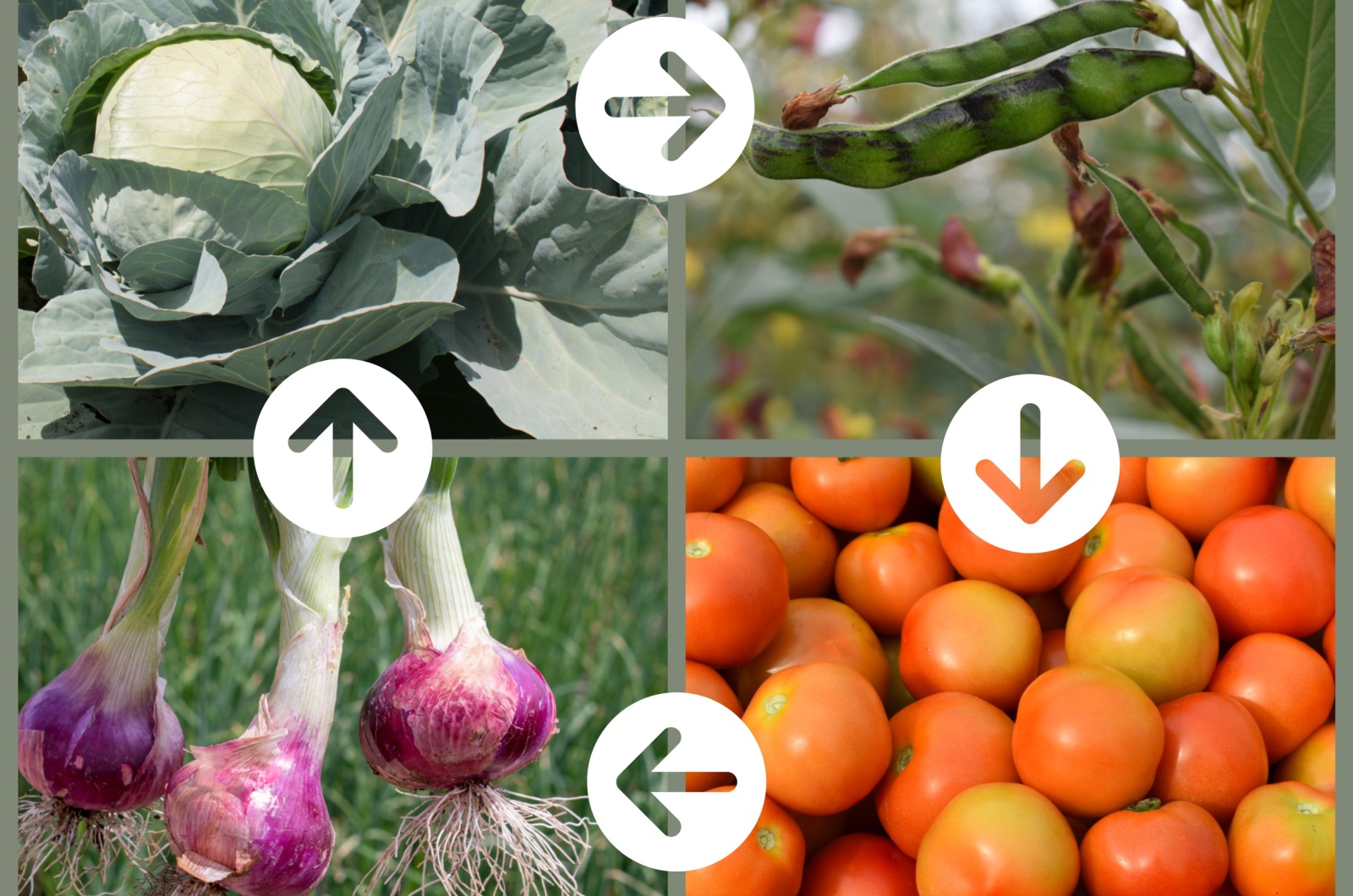
Have you ever heard of crop rotation? Simply put, it’s changing the location of your plants in your planting sites.
Growing crops from the same family in the same spot for years is possible, but pests notice it and will attack your crops before you know it. The same works for diseases!
Finding new plants for crop rotation is pretty tricky. If you don’t know what to plant, it’s simple – plant wheat!
Many of us grow legumes and brassicas, and if you’ve been alternating them for a long time, it’s time for a change!
8. You’re Boosting Biodiversity
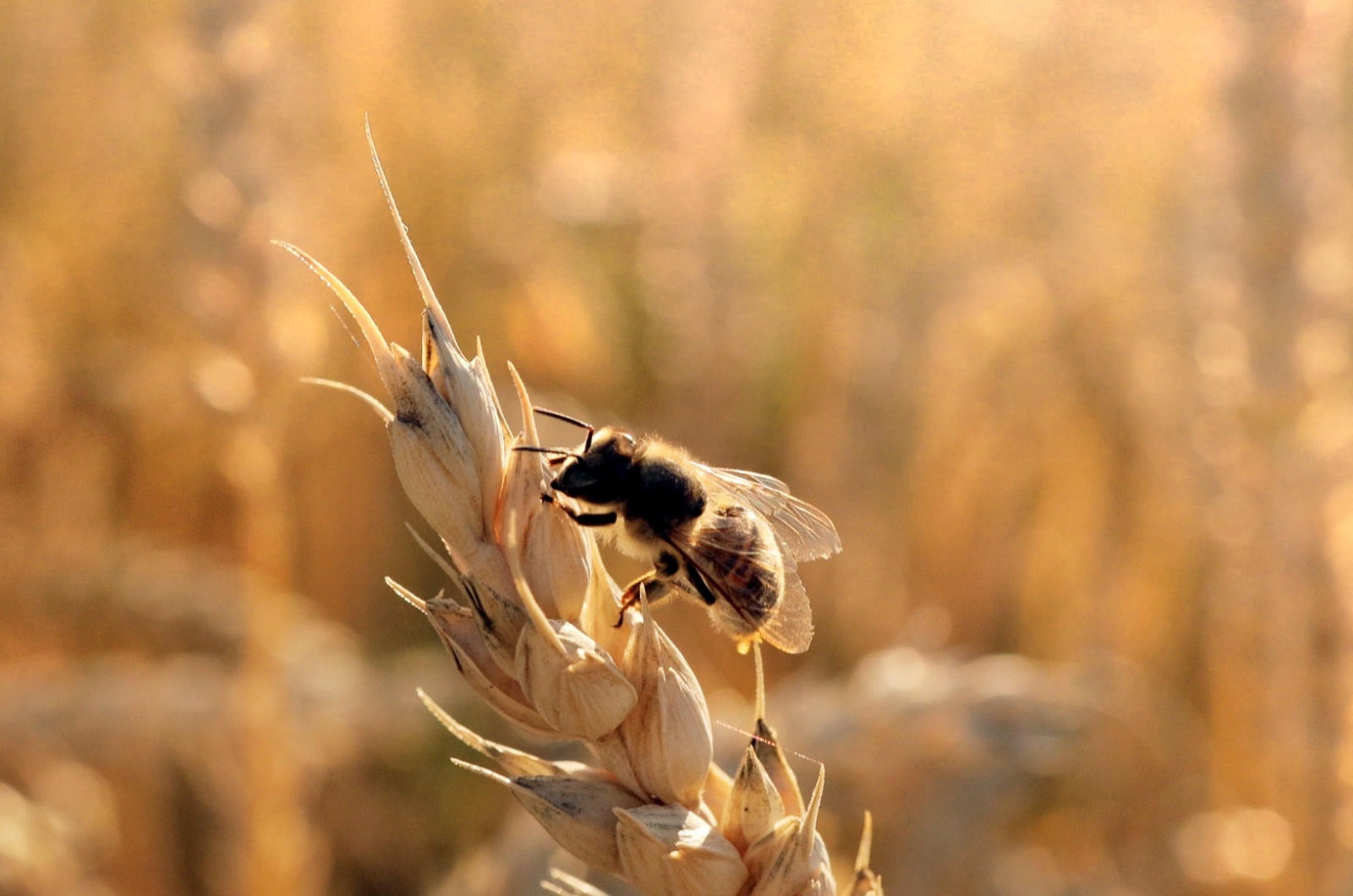
And last but not least, by growing wheat, we contribute to biodiversity. Beneficial insects and pollinators adore wheat, so they’ll frequently visit your garden.
This is very important for the overall production of crops but also for pest control. So, if your garden struggles with grasshopper invasion, wheat is here to help you!
Well, if all these things haven’t convinced you to grow wheat, I don’t know what will! All jokes aside, wheat has multiple benefits, and adding it to your garden will elevate your green space to a whole new level of productivity!

